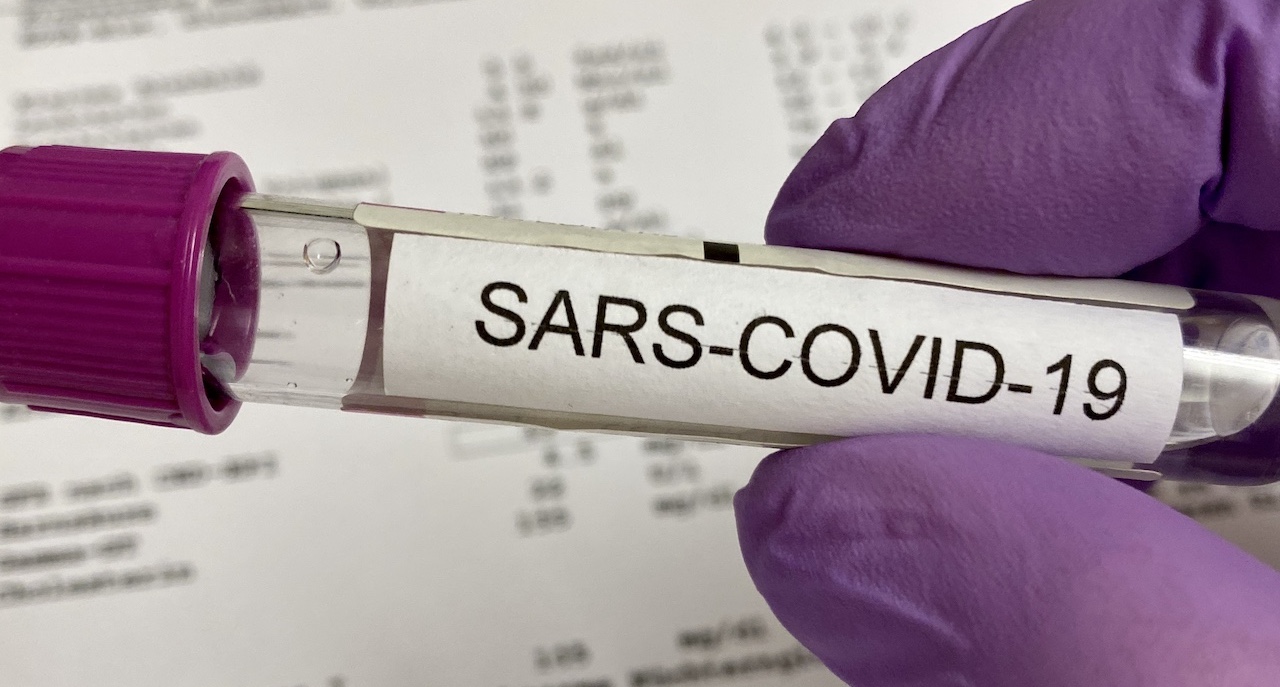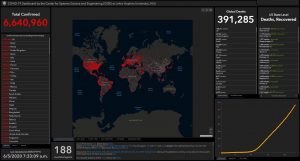Friday 5 June 2020

Being positive does not mean you are infectious
A question I am commonly asked, and one with which I see politicians struggle, is whether having Covid-19 confers immunity to the sufferer. If so, for how long would a patient remain immune? What is more, for how long does a patient remain infectious? I am in contact right now with several patients who have recovered from the disease, and yet their tests for Covid-19 remain positive. For those responsible for their care, understanding the infectivity of a patient, who can pose a risk to a carer, is critical to all involved.

Pox parties were popular for chickenpox
In simple terms, a virus is an antigen. When the human body encounters an antigen, its immediate reaction is to produce antibodies to fight it. Sometimes it succeeds, sometimes it does not, but the production of antibodies is what medics call the immune response. The principle of vaccination is to encourage an immune response but there are other ways of achieving it. Catching the disease is one of them.
Remember chickenpox? I well recall being sent to parties by my mother when I was barely out of nappies, in the hope I might become diseased. In the days before chickenpox vaccination existed, parents would send their children to a pox party, hosted by a child with the bug. The end result was that chickenpox would rocket round a community in moments. Pox parties still exist, for reasons that I cannot comprehend when a vaccine is now available, but their principle is to ensure children build up a natural immunity to a disease at a young age when they are likely to be only mildly affected. I am not sure that we will be seeing much sign of Covid-19 parties but then society has been turned upside down in recent months, so anything is theoretically possible.
According to the research, it seems that most people who have become infected by SARS-CoV-2 (Covid-19) develop antibodies to it. However, sometimes these antibodies are at such a low level that they may be insufficient for the patient to develop anything other than a very short-term immunity. When antibodies appear, and can be detected, it is called seroconversion. Research from Munich, Berlin (Germany) and Cambridge (UK) found that this occurred after seven days of infection in 50% of patients with Covid-19, and after 14 days in everyone.
Infected patients shed the virus. Shedding is a term that describes the escape, as it were, of virus progeny (baby viruses) from a cell that has become exhausted of all its resources, as the original virus has consumed them while creating its virus progeny. A virus can shed from a cell, shed to another part of the body, or shed into the environment, and thereby infect other people.

The situation this morning – 5 June 2020 (courtesy Center for Systems Science and Engineering at Johns Hopkins University)
The duration of viral shedding around a period of infection is generally considered an appropriate period of isolation as it is often used as a marker of infectivity. However, the presence of viral RNA on a PCR test does not necessarily correlate with infectivity. The duration of quarantine required after clinical recovery, to definitively prevent transmission, is thus uncertain. There are multiple reports of prolonged viral shedding in people with Covid-19. Shedding can certainly outlast symptoms.
Current data indicate that live virus isolation is less likely from days 8-9 after symptom onset but may be possible from respiratory samples taken up to day 18 after symptoms began. This supports the potential for transmission at least until that time. Basically, no one truly knows for how long a Covid-19-infected patient still remains infectious, although plenty of researchers are trying to work it out.
A study from South Korea has suggested that people who recover from Covid-19 symptomatically, and who may still test positive for the virus days and weeks later, are not actually shedding viral particles, and are not infectious. The Korean Centers for Disease Control and Prevention (KCDC) looked into this issue, as it had received multiple reports of patients who had been discharged from isolation and yet who had still tested positive for Covid-19. At the time they had treated such cases with measures that were similar to confirmed cases.
The KCDC looked at 285 so-called re-positive cases, when it may have been that these individuals were never actually negative. These 285 patients had encountered 790 contacts after they had been discharged from isolation. The KCDC did not find a single newly confirmed case from exposure during this re-positive period. On this basis, South Korea changed its protocols and decided that no additional tests were required for cases that had been discharged from isolation. Furthermore, the KCDC changed their terminology from “re-positive” to “PCR redetected after discharge from isolation.”

Glass half empty or glass half full?
When it comes to immunity after infection by Covid-19, it appears that the jury is still out. The presence of antibodies does not necessarily mean that durable immunity exists. Persistence up to 40 days from symptom onset has been described and rhesus macaques can be rendered immune for 28 days. It is not known if the same applies to human beings. If SARS-CoV-1 was anything to go by in 2003, concentrations of antibody remained high for roughly four to five months after infection, declining slowly over the next two to three years. All that can be said so far is that no human reinfections with SARS-CoV-2 have been confirmed.
For immunity, at the moment no one truly knows the answer. It depends if you are a glass half full or glass half empty type of person. Glass half full? Take heart from the words of Nicolas Vabret of the Mount Sinai Icahn School of Medicine:
“We do not have any reason to assume that the immune response would be significantly different (viz. from what’s seen with other coronaviruses).”
Glass half empty? The immune response to Covid-19 is not yet fully understood and definitive data on postinfection immunity are lacking.
Please tell me when you find out.
